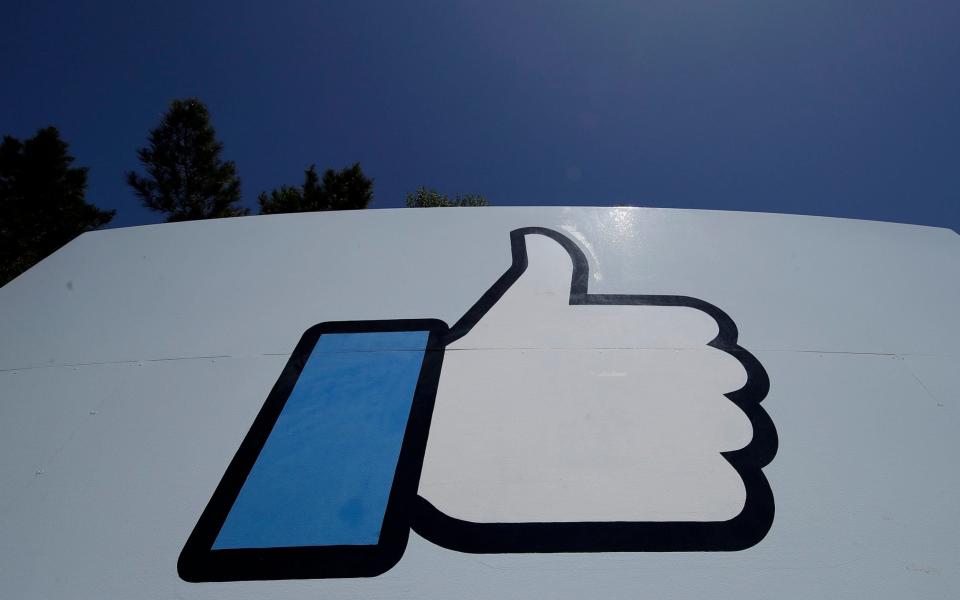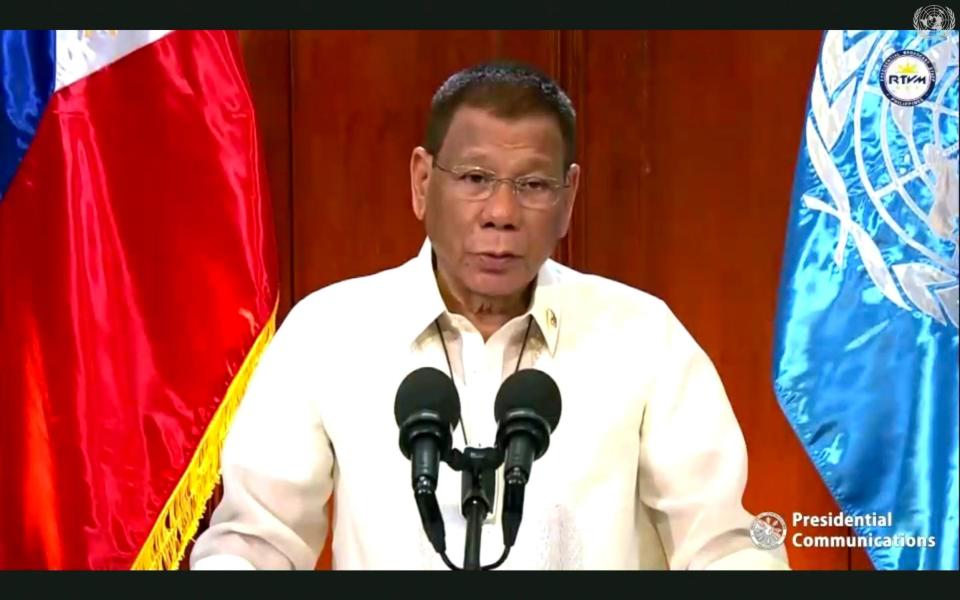Philippine president slams Facebook after closure of fake accounts

Philippine President Rodrigo Duterte has lashed out at Facebook, warning the social media giant its future may be on the line in the Southeast Asia nation, after it removed a raft of fake accounts promoting his government’s objectives.
"Facebook, listen to me," Mr Duterte said in a late-night televised address. "We allow you to operate here hoping that you could help us. Now, if the government cannot espouse or advocate something which is for the good of the people, then what is your purpose here in my country?"
His rebuke followed a move by Facebook last week to take down a network of fake accounts that originated in China and the Philippines, including some that criticised the country’s Communist party and its armed wing, the New People’s Army (NPA).
The conflict between the government and the NPA has raged since 1968 and has killed tens of thousands. The Philippine military aims to bring an end to Asia’s longest-running communist insurgency at the end of Mr Duterte's term in 2022.
The social media company linked some of the fake accounts to the military and police, although the security forces denied being the account holders.
However, the military later said it regretted the removal of a page called “Hands Off Our Children” that belonged to a group of parents that raised awareness about the recruitment machinery of the communist.

A spokesman said Facebook had been asked to restore the page because its advocacy was something the military “shares and advances”, reported Reuters. The military also pledged to investigate any soldiers accused of wrongdoing.
Facebook said the fake accounts were dismantled because they had engaged in “coordinated inauthentic behaviour”.
Any move by Mr Duterte to limit the hugely popular social media site would likely result in a public backlash and could be counterproductive for his government, however.
In recent years, Facebook has helped shape the landscape of Philippines politics and has been seen increasingly as a vital tool in the hands of rising political leaders, including the populist Mr Duterte, whose ascension from mayor to president in 2016 was aided by the power of social media.
Last year, an investigation by the Washington Post highlighted how politicians, celebrities and PR firms were turning in droves to hundreds of so-called troll farms “churning out fake content, false narratives and anything else the client wants”.
Leading in the empty threat category this morning, Pres. #Duterte & the @pcoogov threatening to shut down @Facebook in the #Philippines. Can you imagine what the reaction of the Filipino people would be if the government tried to take away their Facebook? https://t.co/z1dhW7xSOU
— Phil Robertson (@Reaproy) September 29, 2020
It reported that they were harnessing the energy of young and aggressive social media experts to cook up the false perception of mass support for an individual or cause, or to smear critics.
According to Philippine news website, Rappler, in the latest operation at least 3 soldiers reportedly manned accounts related to the propaganda campaign of the military against communists.
"Although the people behind this activity attempted to conceal their identities, our investigation found links to Philippine military and Philippine police," Nathaniel Gleicher, Facebook's head of security policy, told the site, revealing that the operations of these accounts "accelerated between 2019 and 2020".
Facebook also uncovered posts in Filipino and English which focused on domestic politics, military activities against terrorism, on youth activists, and criticising communism.
In his Monday outburst, the straight-talking president threatened Facebook not to stand in the way of the objectives of the government.
“What would be the point of allowing you to continue if you can’t help us? We are not advocating mass destruction, we are not advocating massacre. It’s a fight of ideas,” Mr Duterte said.
"Is there life after Facebook? I don't know. But let's talk."

